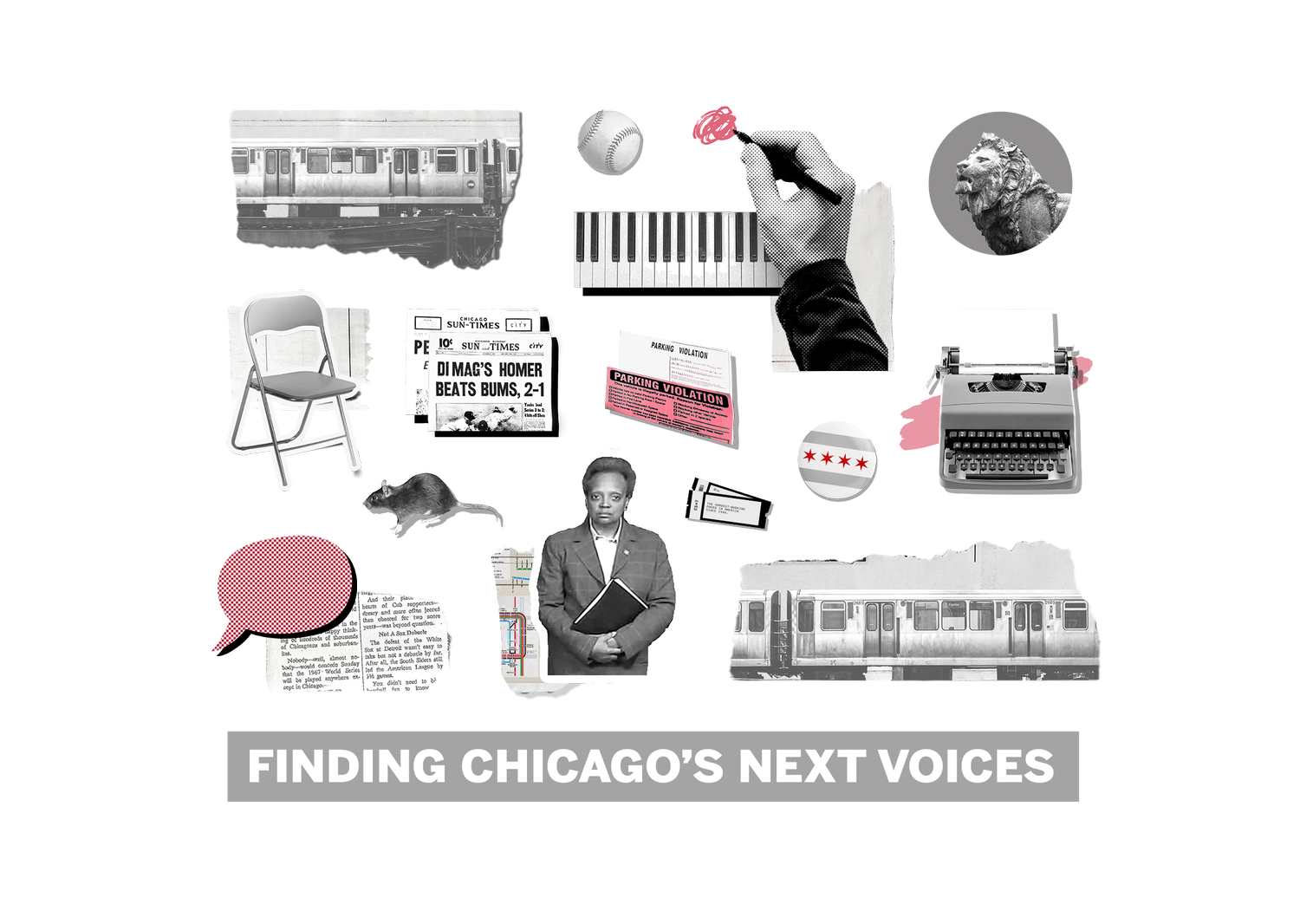A Future Chicago Economy

Image credit: Chicago Sun-Times
2023 marked the 75th anniversary of the Chicago Sun-Times newspaper. As part of the anniversary, the Sun-Times hosted a contest to encourage writers to become guest columnists, on the theme "Moving Forward". I submitted an entry which was not chosen in the contest, but I share my contest entry below.
A Future Chicago Economy
By Mitchell Szczepanczyk
Physicist Niels Bohr once said to fellow physicist Wolfgang Pauli: "We are all agreed that your theory is crazy. The question that divides us is whether it is crazy enough to have a chance of being correct."
Of course, it's not enough for an idea to be crazy to be deemed correct or useful; an idea must be supported by evidence. Quantum mechanics, the theory of physics that Bohr and Pauli worked on, is crazy but has lots of supporting evidence. And in Chicago, I demonstrated an idea that sounds crazy to some but, thanks to work I contributed to, now has some supporting evidence.
The idea I'm referring to isn't in physics but in economics, and it is an economy that doesn't use markets like a capitalist economy nor command planning like a communist economy. It is a proposed economy that goes by the name "democratic planning", where people join forces together to decide what to produce and what to consume, without competition and without a command authority. Disclosure: I contributed to a book that explored the idea of democratic economic planning. In fact, some of what follows was first published in that book.
In very broad strokes and skipping a lot of detail and supporting argument from the book, this economy would work as follows: An individual joins a workplace to produce goods and that individual also joins a neighborhood to consume goods. Each workplace in the economy proposes what goods and services it intends to produce, while each neighborhood in the economy proposes what goods it intends to consume. Those proposals are aggregated and if there's a mismatch between supply and demand the proposals are returned back to their respective proposers, along with information on suggested adjustments to the proposal. Each group makes respective adjustments, and we repeat until we reach an economy-wide agreement or near-agreement.
But without a large-scale economy of this sort in the real world, how could you confirm this economy would work? How do you know that these back-and-forth iterations won't drag on forever and nothing could get done?
I helped write a computer program to confirm an answer, and on October 28, 2021, I demonstrated my program at a presentation for the Chicago Clojure Meetup. Clojure is a computer programming language which I used to simulate a democratically-planned economy, and most of the audience for the presentation were professional computer programmers. (Chicago is a hotbed of technical talent; the Chicago Clojure Meetup has more than 700 members.) Over two hours, I explained and demonstrated a simulated economy under the rules of democratic planning, written in computer code. My program confirmed that a democratically planned economy could work and wouldn't take an eternity to do so. You can watch the presentation online.
Chicago has long been a hub of experimentation of economic ideas -- from the Chicago School of Economics to the worker takeover at Republic Windows and Doors. There is much more experimentation to test the universe of possible economies, and Chicago could continue the tradition of such future experiments in economies.
If this idea is confirmed (and early signs point to yes), we could see a different and hopefully better economy borne in Chicago based on these experiments. Workplaces and neighborhoods would democratically plan their production and consumption activities, labor and consumers would have key roles in decision-making, and new economic mechanisms can arise to support caring labor and the environment and cost concerns.
It might sound crazy to some, but it's no crazier than quantum mechanics.
Previous: Chris Geovanis - Presente!